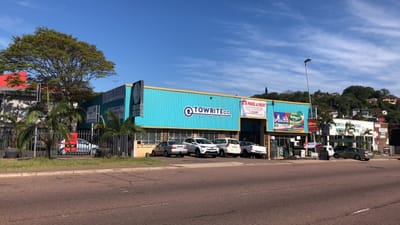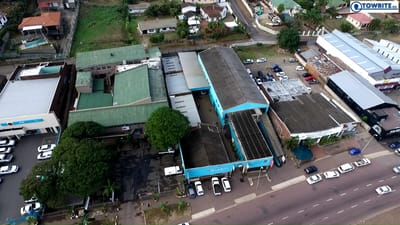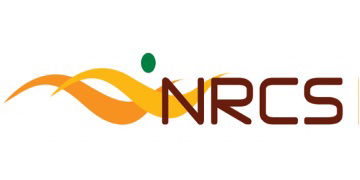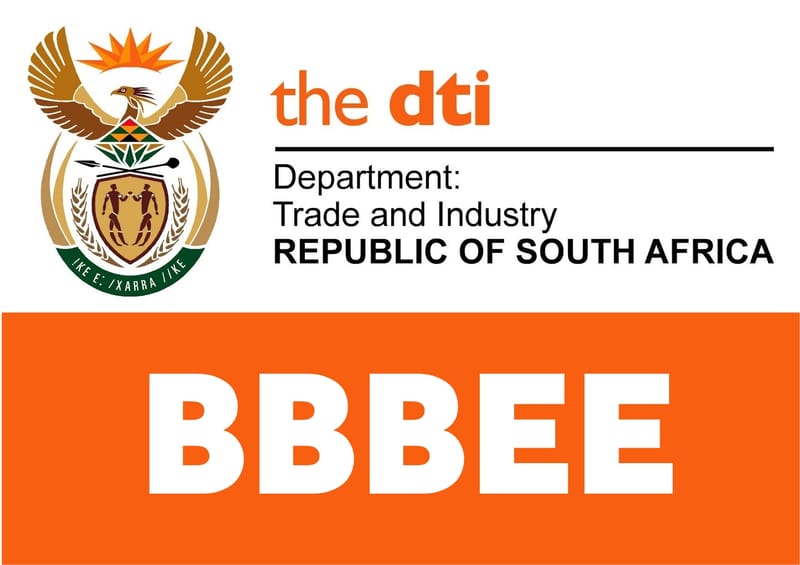Welkom by Towrite
AGTER JY AL DIE PAD SEDERT 1971.
VERSOEK AANBOD
ONS HET 'N PRODUK VIR ALLE VOERTUIE VAN ENIGE VARIANT
Hoofkategorieë
Kontak
- 504 Chris Hani pad, Park heuwel, Durban Noord, Suid-Afrika
- Posbus 22410 of Glenashley 4022
- 0315649235 - towrite
- 0828918016 - BRETT HILL owner
 +27-083 284 5846 - Anesh workshop manager
+27-083 284 5846 - Anesh workshop manager  +27-0828918016 - Brett Hill
+27-0828918016 - Brett Hill - brett@towrite.co.za
- Mon-maak: 7:30 vm - 4:30 nm Vrydag: 7:30 vm - 4:00 nm
Oor


Our products have safety, quality, and reliability at their core. Our top-quality range of products is manufactured in our workshop to the highest standards and makes us leaders in the South African Tow-bar industry. We understand the importance of innovation and customization, which is why we offer the rare opportunity to custom manufacture and fit any tow-bar, roll-bar, bull-bar, cab-guard, and accessories on any vehicle with any specifications, you desire. We also ensure that our product is engineered and developed to precisely fit the individual vehicle and its Towing (chassis) mounting points.
Here at Towrite we utilize state-of-the-art design and production processes to craft our products, utilizing technologies such as 3D CAD systems, profile cutting, standard-tolerance jigs, and high-powered, computer-driven steel pipe bending machinery. Our strong understanding of these modern tools enables us to deliver perfectly constructed and assembled products, time after time. Our optimized products and efficient workmanship ensure that our range of products is SABS approved and that our customers can drive away with complete peace of mind that their product meets national industry and safety standards.
Towrite is always expanding its range and developing new products. We work in close cooperation with the automotive industry whilst collaborating frequently with high-end creative designers and engineers to ensure quality outcomes. We are a proudly South African-owned business, with all our product design and manufacturing in South Africa. We uphold the African business practices every step of the way, with an emphasis on safety, reliability, and quality workmanship.
sertifikate

SABS GOEDGEKEUR
Die Suid-Afrikaanse Buro vir Standaarde (SABS) is 'n Suid-Afrikaanse statutêre liggaam wat ingevolge die Wet op Standaarde, 1945 (Wet No. 24 van 1945), opgerig is en steeds funksioneer ingevolge die nuutste uitgawe van die Standaardwet, 2008 (Wet No. 29 van 2008) as die nasionale instelling vir die bevordering en instandhouding van standaardisering en kwaliteit in verband met kommoditeite en die lewering van dienste. [1]
Leer meer
NRCS GOEDGEKEUR
The National Regulator for Compulsory Specifications (NRCS) is an agency of the Department of Trade, Industry and Competition (the dtic). The organisation was established on 1 September 2008, in accordance with the provision of National Regulator for Compulsory Specifications Act 5 of 2008 and emerged as an independent organisation from the original Regulatory Division of the South African Bureau of Standards. The NRCS mandate includes promoting public health and safety, environmental protection and ensuring fair trade. This is achieved through development of and administration of technical regulations and compulsory specifications. The legislative mandate of NRCS is derived from the following legislations: the National Regulator for Compulsory Specifications Act 5 of 2008, the Legal Metrology Act 9 of 2014, and the National Building Regulations and Building Standards Act 103 of 1977. The NRCS’s role as regulator is to ensure businesses produce, import and sell products or services that are not harmful to consumers and the environment or that fall short of the declared measured quantity. The NRCS also provides regulatory function for the building industry to ensure building safety, structural stability and uniform interpretation of the NBR and BS Acts. The vision of the NRCS is to be a credible and respected regulator for the protection of the public, the economy and the environment. Its mission is to develop compulsory specifications and technical regulations, and maximise compliance of regulated products and services. The NRCS's strategic objectives are to: develop, maintain and administer compulsory specifications and technical regulations; maximise compliance with compulsory specifications or technical regulations; ensure recognition and awareness of the NRCS; and be a sound, effective and efficient organisational governance. The broad mandate of the NRCS is to promote public health, safety and environmental protection through the development and enforcement of compulsory specifications and legal metrology technical regulations. While consumer protection lies at the heart of the activities of the NRCS, this function cannot be separated from South Africa’s role as a global trading partner. South African goods and services need to be competitive in terms of cost and quality and, at the same time, be guaranteed to be safe and fit for their purpose. The NRCS’s regulated products and industries include: automotive products; built environment; chemical products, mechanical devices and materials; electrical products and appliances; frozen fish, canned fisheries, canned meat and live abalone; and measurable products, services and measuring Instruments.
Leer meer
BBBEE VLAK 4
Breëbasis Swart Ekonomiese Bemagtiging (BBSEB of B-BBEE soos geskryf deur die Suid-Afrikaanse regering) is 'n vorm van ekonomiese bemagtiging wat deur die Suid-Afrikaanse regering geïnisieer is in reaksie op kritiek teen die eng gebaseerde bemagtiging wat gedurende 2003/2004 in die land ingestel is. Alhoewel eng gebaseerde swart ekonomiese bemagtiging gelei het tot die verryking van 'n paar voorheen benadeelde individue (Swart Afrikaan, Kleurling of Indiër), is die doel van breëbasis bemagtiging om rykdom te versprei oor 'n breë spektrum van voorheen benadeelde Suid-Afrikaanse samelewing. . In teenstelling hiermee meet bemagtiging op eng gebaseer slegs aandele-eienaarskap en bestuursverteenwoordiging.
Leer meerDienste

GRATIS OPHEFDIENSTE
-Hierdie diens sal slegs geskied beskikbaar afhanklik aankoop en ligging. -KONTAK ONS OM TE VRA VIR HIERDIE DIENS


